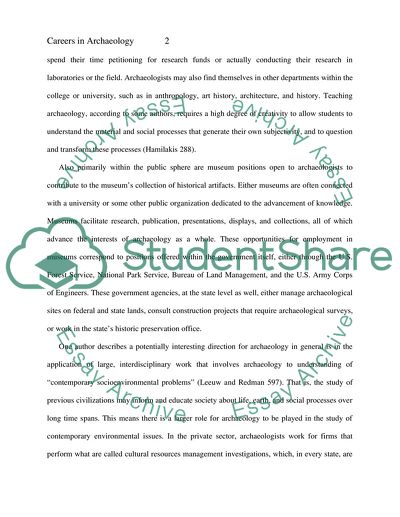Cite this document
(“Careers in Archaeology Research Paper Example | Topics and Well Written Essays - 1000 words”, n.d.)
Careers in Archaeology Research Paper Example | Topics and Well Written Essays - 1000 words. Retrieved from https://studentshare.org/archaeology/1739098-careers-in-archaeology
Careers in Archaeology Research Paper Example | Topics and Well Written Essays - 1000 words. Retrieved from https://studentshare.org/archaeology/1739098-careers-in-archaeology
(Careers in Archaeology Research Paper Example | Topics and Well Written Essays - 1000 Words)
Careers in Archaeology Research Paper Example | Topics and Well Written Essays - 1000 Words. https://studentshare.org/archaeology/1739098-careers-in-archaeology.
Careers in Archaeology Research Paper Example | Topics and Well Written Essays - 1000 Words. https://studentshare.org/archaeology/1739098-careers-in-archaeology.
“Careers in Archaeology Research Paper Example | Topics and Well Written Essays - 1000 Words”, n.d. https://studentshare.org/archaeology/1739098-careers-in-archaeology.


